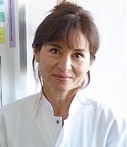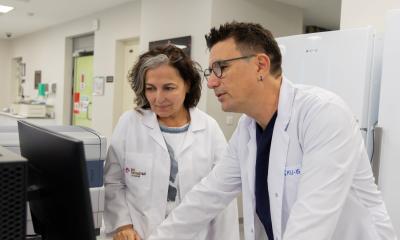Now available: ESBL-Tool kit for handling beta-lactamase resistant Enterobacteriaceae
Doctor Véronique Mondain from Nice explains the ambitious project she and colleagues have put in place to help combat the rise of these resistant pathogens.

Extended spectrum beta-lactamase (ESBL)-producing organisms pose unique challenges to all those involved in the treatment and control of infection. The beta-lactamase enzymes produced by these bacteria are capable of hydrolysing penicillins, broad-spectrum cephalosporins and monobactams. Because the gut is a major reservoir of these bacterial species and the genes encoding for the ESBLs are often located on plasmids, transfer from strain to strain and between species is very rapid and patient to patient transmission, particularly in regions of poor hygiene is easy.
In many parts of the world 10-40% of strains of Escherichia coli and Klebsiella pneumoniae express ESBLs. A recent study conducted in a nursery in France found that 6.4% of babies were carrying ESBL E. coli and also evidence for transfer of plasmid DNA between the microflora of different infants within the same centre.
Despite the widespread nature of the problem, community physicians and other healthcare professionals are insufficiently trained to control the spread of this community-based resistance. A plan to educate, report and inform all the players involved was implemented in the Nice University Hospital between 2010 and 2012. During this time the use of IT and the creation of a toolkit containing specific advice have enabled a patient’s treating physician to be alerted and helped with advice within a day of the laboratory results. This intervention clearly shows that when the necessary tools to treat and prevent infection spread are in place, accurate information on epidemiology is collected and the quality of antibiotic treatment and information in the community improves.
Launched nationally in March this year the site has been visited nearly 1,000 times. In August, the toolkit will be available in English and Italian with more versions to follow for pan-European use. See http://www.chu-nice.fr/kitblse/index.php.
Profile:
Dr Véronique Mondain is an expert in infectious diseases at the Nice University Teaching Hospital, France.
04.09.2014





